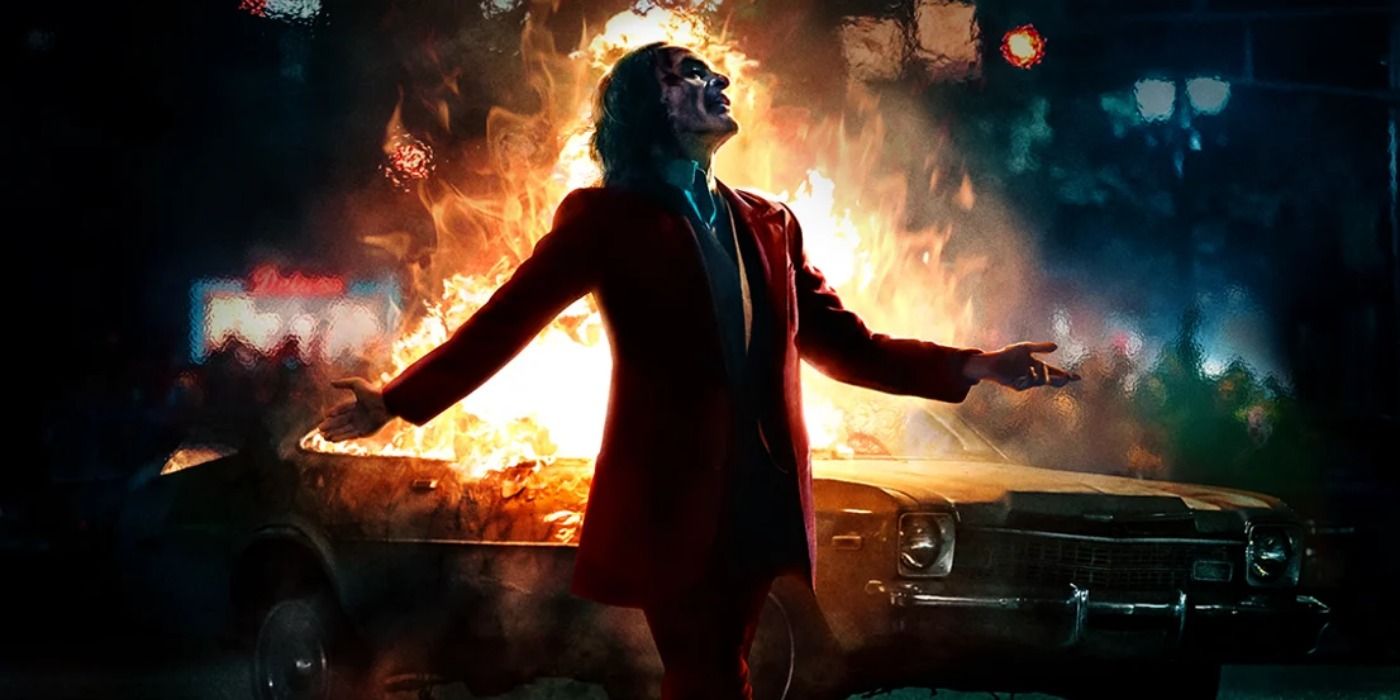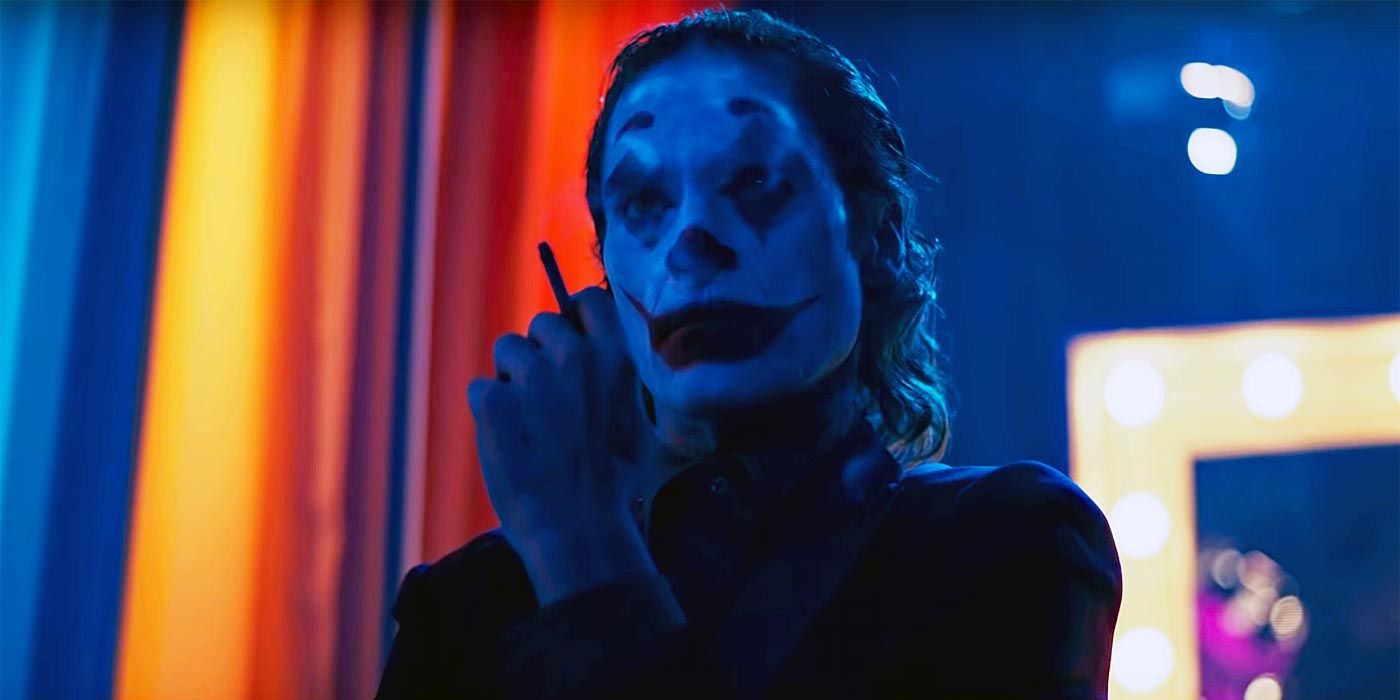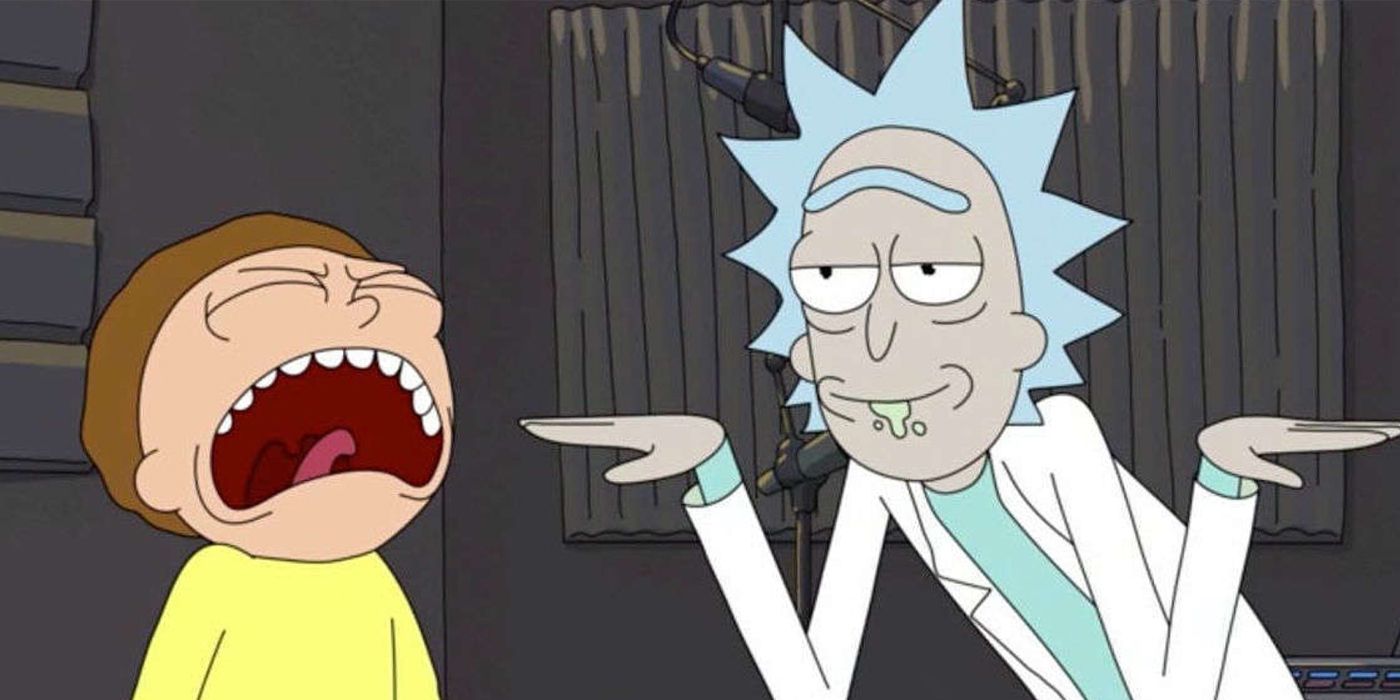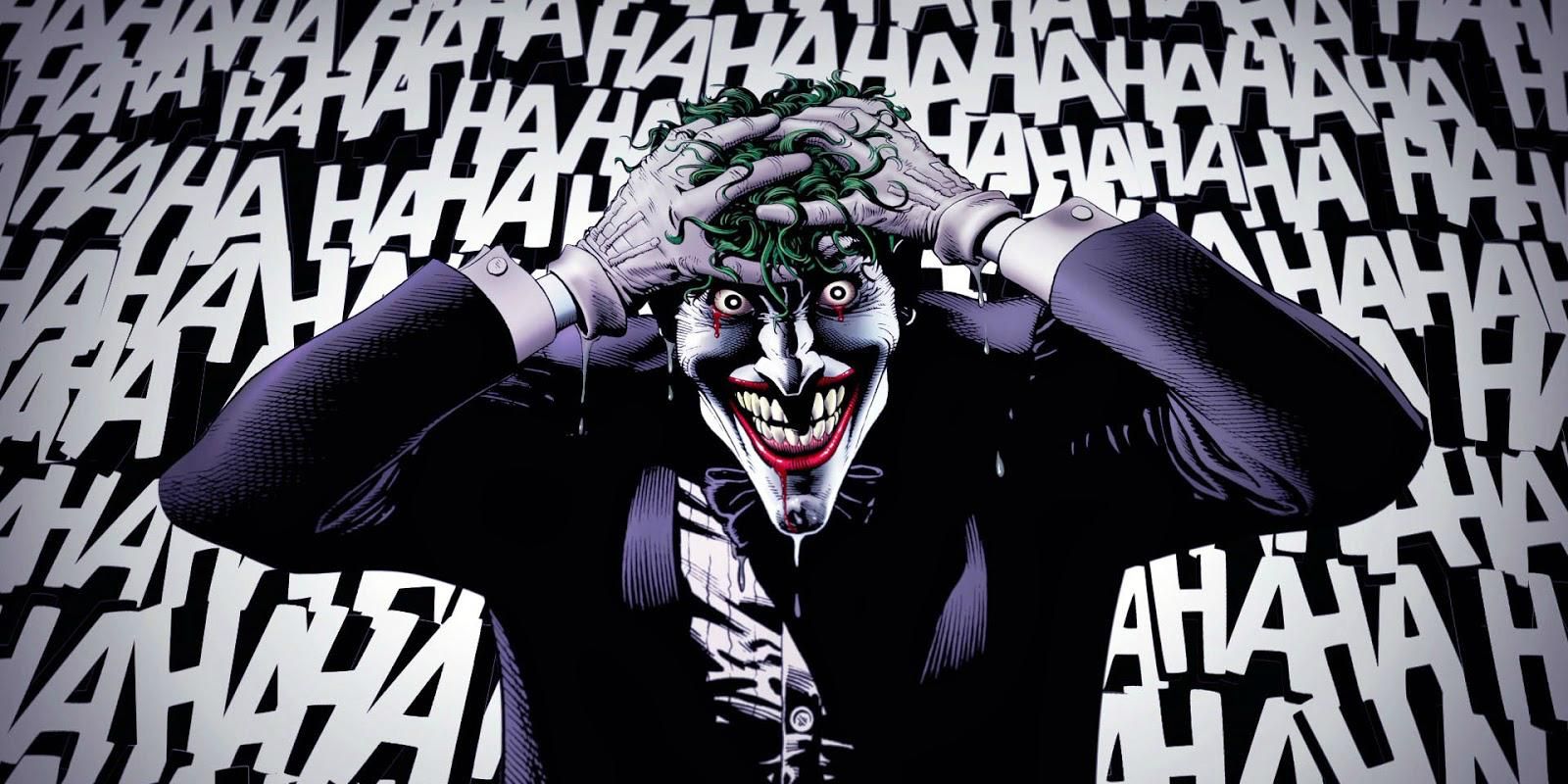Todd Phillips' Joker was destined to be controversial. A leaked early draft of the script was already causing concern about whether the movie could effectively address the myriad hot button issues it touches upon: mental illness, class conflict, child abuse and, perhaps most of all, the "incel" mentality. After seeing the final film, critics generally praised the movie and it won the Venice Film Festival's top prize. However, there were still many critics who found the film to be morally reprehensible and a potential rallying cry for incels, even if they felt the film was well-made overall.
This was all relatively predictable. Even those expecting the worst, however, might not have expected the FBI to brief the U.S. military on the potential threat of mass shootings occurring at this film in particular. Given how common mass shootings have become in America, the briefing might sadly be necessary. Still, it feels like a lot of fear over one particular movie.
Families of the victims of the Aurora shooting, in which a man allegedly inspired by The Joker shot up a movie theater at the midnight premiere of The Dark Knight Rises, have understandably expressed concerns about the new movie. They have called on Warner Bros. to advocate for gun control measures. (The theater in Aurora where the shooting took place will not be screening Joker.)
Warner Bros., Phillips and star Joaquin Phoenix have all had to push back on claims their movie is championing its villain protagonist's worldview. The studio's official statement makes it clear that while Joker is intended to spark "difficult conversations around complex issues," it's in no way an endorsement of real world violence.
Phoenix initially walked out of an interview when the question of whether Joker could inspire real-life violence came up. Since then, he's stated explicitly, along with Phillips, that he doesn't believe that the film is inherently dangerous.
Phillips has also raised a question that's worth talking about: Why is it this particular movie, and not others that are also filled with violence and displays of toxic masculinity, that is causing such a stir? Is there a double standard in how the media is treating Joker? And if so, why?
COMIC BOOK MOVIES VS. EVERYTHING ELSE
Joker is a major comic book movie, and as a result, it's held to a different standard than other movies. For better or worse, DC and Marvel superhero movies aren't expected to be too challenging. At the very least, they're expected to be conventionally moral at their core.
As horrifying as Heath Ledger's Joker was in The Dark Knight, no one could really argue the movie was glorifying him because it was still a movie about Batman. Even the anti-heroics of the title character in Deadpool are constantly being put in contrast with the more traditional heroics of the X-Men.
Joker, in contrast, has no hero figures. As a result, it will necessarily be a more challenging film than pretty much anything else in the genre. It's also aiming to be a more realistic film, so it doesn't feature the fantastic stylization that makes murder-heavy action films like John Wick easier to digest.
On a more basic level, superhero movies are among the only movies many people reliably go to see. When a guaranteed blockbuster centers on a Scorsese-esque, dark character, there's a likely assumption that more people, and more potentially dangerous people, will see it than an actual Scorsese movie. The extra hype might also play a role in heightening the discourse; as Phillips has noted, many of the people who are scared of the movie's potential social impact haven't even seen it.
Scorsese movies and other violent films do attract controversy, of course, but nowadays such controversy tends to be about matters of tastefulness and clarity of messaging rather than whether the films could actually inspire violence. Plenty of ink was spilled about the potentially offensive aspects of Tarantino's Once Upon a Time in Hollywood, but nobody feared anyone would kill their wife like Cliff Booth (a character far more positively glamorized than than The Joker).
A movie about Ted Bundy, a real life serial killer, was released this year and the big controversy was whether Zac Efron made him too sexy rather than if it would inspire imitators. If Joker was just a film about a psycho clown unconnected to comic books, there'd be controversy, but it probably wouldn't reach such a fever pitch.
SATIRE INDISTINGUISHABLE FROM REALITY
If you've been on the internet over the past five years, you've probably seen a paragraph that's started with the sentence "To be fair, you have to have a very high IQ to understand Rick and Morty." You might have even used said paragraph as evidence of why some Rick and Morty fans can be... annoying, to say the least. The thing not everyone realizes, however, is that it was written as a copypasta meme to make fun of obnoxious Rick and Morty fans not the product of such fans. Such is the way irony on the internet can be mistaken for the very things it's making fun of.
It wouldn't be shocking if at least some of the FBI's fears about Joker are heightened by similarly ironic internet posts that get mistaken for the real thing. A since-deleted letterboxed review of the movie posted right after the premiere, which called it "my Black Panther" and used incel lingo such as "Veronica" and "Chad," went viral on Twitter.
Many feared it was someone's real review of the movie. However, the review was posted as a joke that played off the "Gang Weed" memes that mock Joker-obsessed incels. The writer had to repeatedly block actual incels from commenting on the review before deleting their account altogether. It goes to show that comedy is hard when people are no longer able to discern jokes from reality.
EXPLAINING THE UNEXPLAINED
On the most basic level, perhaps the reason Joker is upsetting so many is because of what the character has typically represented. Today, The Joker has evolved into the face of unexplained evil. Batman's other foes have clear and, at times, even sympathetic motivations for their actions, but The Joker's a mystery, seemingly only being evil for the fun of it. Even when he gives himself a backstory in The Killing Joke, he admits his story's probably a lie. In The Dark Knight, he memorably kept changing his backstory.
Todd Phillips' film attempts to explain The Joker and that may be setting some people off. Trying to explain The Joker could be seen as trying to explain all the unjustifiable evil in the world, something many people find scary and possibly irresponsible. We'll find out if the movie successfully breaks The Joker's mystique after all the heightened controversy when it hits theaters.
Directed by Todd Phillips, Joker stars Joaquin Phoenix, Robert De Niro, Zazie Beetz, Bill Camp, Frances Conroy, Brett Cullen, Glenn Fleshler, Douglas Hodge, Marc Maron, Josh Pais and Shea Whigham. The film arrives in theaters Oct. 4.




